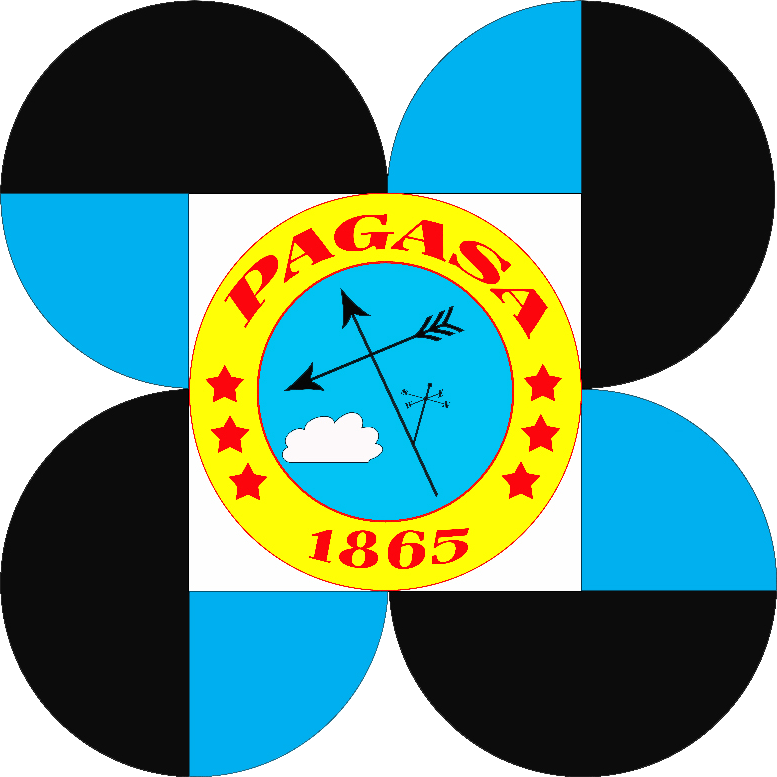DOST-PAGASA LAUNCHES THE MULTI-HAZARD IMPACT-BASED FORECASTING & EWS
26 April 2023
DOST-PAGASA S&T Media Service
Quezon City, 26 April 2023
DOST-PAGASA LAUNCHES THE MULTI-HAZARD IMPACT-BASED FORECASTING AND EARLY WARNING SYSTEM FOR THE PHILIPPINES PROJECT
Scaling up its current initiatives on disaster risk reduction and climate change adaptation in the Philippines, the DOST-PAGASA as the lead executing entity and the Land Bank of the Philippines (LANDBANK) as the Direct Access Entity take the lead in launching and implementation of the first Green Climate Fund Project in the Philippines titled: Multi-hazard Impact-based Forecasting and Early Warning System for the Philippines Project (MH-IBF-EWS or IBFPh Project). The project has a total budget of 22 million USD which comprises of the GCF Grant Proceeds amounting to 10 million USD and PAGASA’s co-financing (in-kind) amounting to 12 million USD.
This multi-stakeholder endeavor taps various agencies as its implementing partners such as the Department of Interior and Local Government (DILG), Office of Civil Defense (OCD), Department of Environment and Natural Resources – Mines and Geosciences Bureau (DENR-MGB), the United Nations’ World Food Programme (WFP) and the Local Government Units in Regions II, V, VIII, and XI. Other collaborators include the National Economic and Development Authority (NEDA), Department of Finance (DOF), Climate Change Commission (CCC) and the Philippine Commission on Women (PCW).
This project aims to develop a nationwide system for a “Multi-hazard Impact-Based Forecasting and Early Warning System” (MH-IBF-EWS) and implement a pro-active government approach that is focused on the preventive aspects of disaster management by communicating to all stakeholders as to what the weather “will do” rather than what the weather “will be”, enabling the public to take appropriate actions during the “window of anticipation” or “lead time” before the hazard event even occurs.
The IBF-Ph Project will be undertaken in the vulnerable Barangays of Tuguegarao City, Cagayan; Legazpi City, Albay; Palo, Leyte; and (4) New Bataan, Davao de Oro. It will run for five years, from 2022 to 2027. Overall, the efforts of these partner-collaborators would contribute to a paradigm shift from a traditional hazard-based to impact-based forecasting and early warning system, which combines the best available science and local knowledge on forecasting and risk assessment.
The major component of the project is the development of timely and actionable warning information to end-users, particularly at risk communities, to reduce their exposure to climate risks and to strengthen their adaptive capacities to better manage and adjust to impacts brought about by extreme weather events. Adopting an Impact-Based Forecasting Early Warning System (IBF-EWS) through people’s active engagement is one of the desired changes during the project implementation.
The project's main specific outcomes are: (1) to increase the generation of climate information in decision-making; (2) to strengthen adaptive capacity and reduced exposure to climate risks; (3) to strengthen institutional and regulatory systems for climate-responsive planning and development; mainstream climate risk information and MH-IBF-EWS in development policy and planning, investment programming and resilience planning at national and local levels and institutional people-centered impact-based forecasting.
Original Signed:
VICENTE B. MALANO, Ph.D.
Administrator
